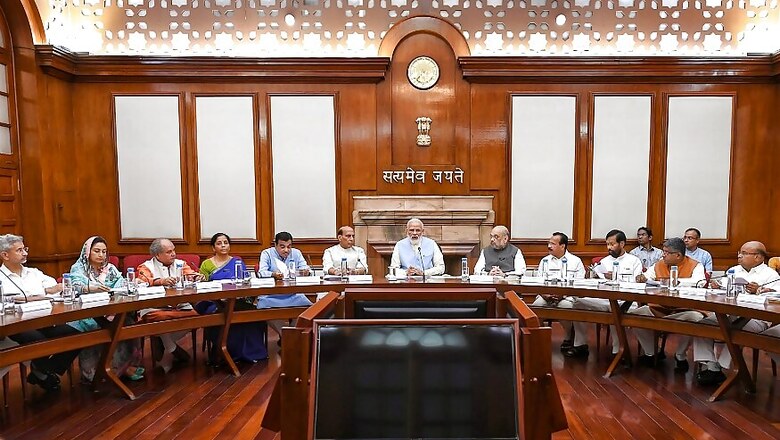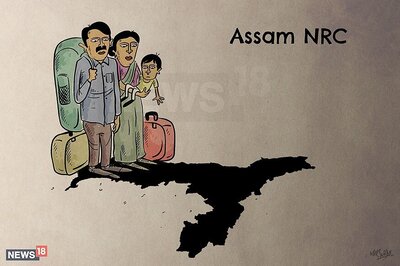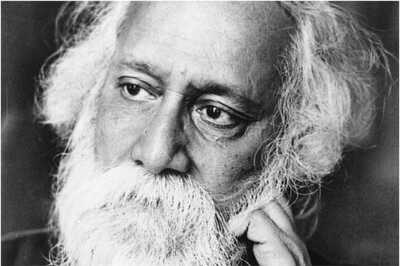
views
New Delhi: The Union Cabinet, chaired by Prime Minister Narendra Modi, on Wednesday cleared the Assisted Reproductive Technology (ART) Regulation Bill, 2020, which will establish a framework and code of conduct for regulation and monitoring of ART clinics, banks and medical facilities. The Bill has been drafted by the Indian Council of Medical Research (ICMR), the country’s apex medical research body.
The Cabinet clearance comes on the back of recommendations of the select committee of Parliament on the Surrogacy (Regulation) Bill, 2019.
The select committee of Parliament, headed by the BJP's Bhupender Yadav, in its report had said that it would be prudent to bring the ART Bill before the Surrogacy Bill, 2019, to establish a regulatory mechanism for ART clinics.
The nod for the ART Bill comes on the heels of introduction of the Surrogacy Regulation Bill and the Medical Termination of Pregnancy Amendment Bill, 2020, that was approved by the Cabinet last month. The Surrogacy Regulation Bill was sent to a 23-member select committee of the Parliament largely made up of Rajya Sabha members.
The ART Bill mandates the creation of a national advisory board, a state advisory board and a registry of all clinics that offer technological reproductive services to infertile couples.
"The National board shall lay down code of conduct to be observed by persons working at clinics, to set the minimum standards of physical infrastructure, laboratory and diagnostic equipment and expert manpower to be employed by clinics and banks. The states and Union Territories shall constitute the state boards and state authorities within three months of the notification by the central government," said a government note. "The state board shall have the responsibility to follow the policies and plans laid by the national board for clinics and banks in the state."
The national registry and registration authority will have to maintain a central database and assist the national board in its functioning. The Bill has proposed a stringent punishment for violations relating to rules on prohibition of sex selection, sale of human embryos or gametes and for running agencies, rackets and organisations for such unlawful practices.
Despite mushrooming of fertility clinics and allied medical facilities in the country and evolution of technology in the field, the regulation so far has been poor. India witnesses high-medical tourism for ART clinics as they offer all the related services, such as gamete donation, intrauterine insemination (IUI), in-vitrio fertilisation and gestational surrogacy.




















Comments
0 comment